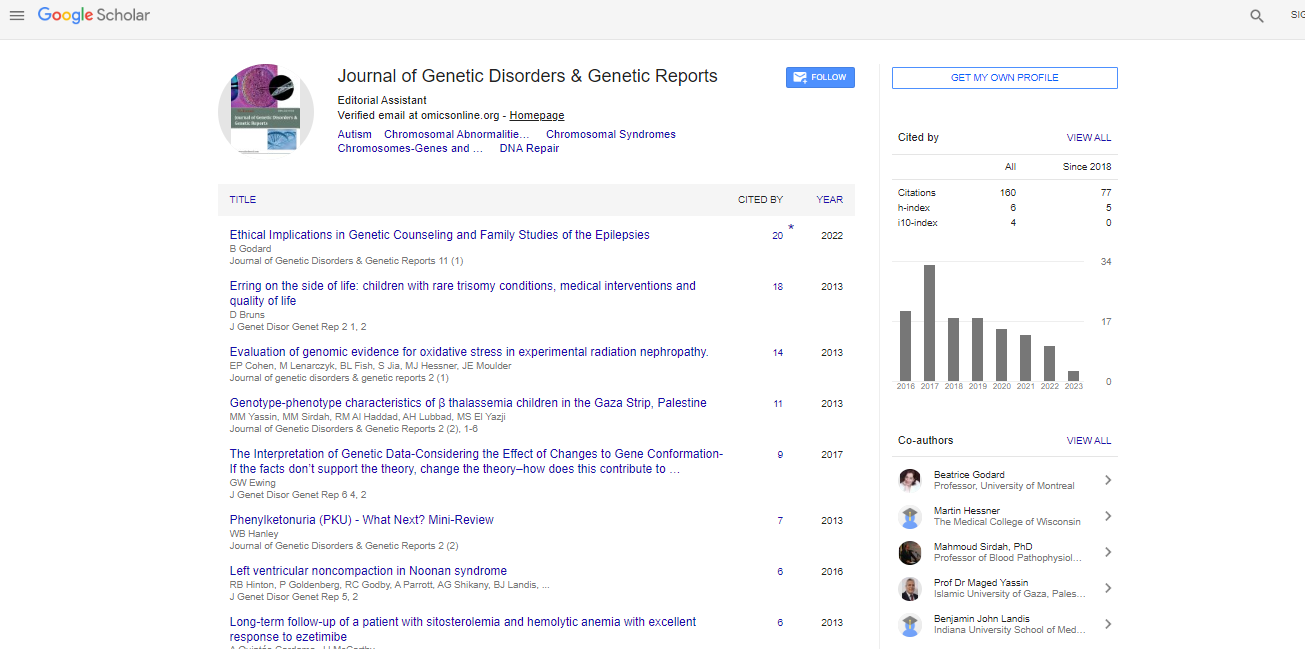Case Report, J Genet Disor Genet Rep Vol: 5 Issue: 4
Smith-Magenis Syndrome Treated with Ramelteon and Amphetamine-dextroamphetamine: Case Report and Review of the Literature
| Baek WS1* and Elsea SH2 | |
| 1Parkside Medical Group, 1310 San Bernardino Rd, Suite 102, Upland, CA 91786, USA | |
| 2Department of Molecular and Human Genetics, Baylor College of Medicine, One Baylor Plaza, NAB 2015, Houston, TX 77030, USA | |
| Corresponding author : Dr. Baek WS MD,Parkside Medical Group, 1310 San Bernardino Rd, Suite 102, Upland, CA 91786, USA Tel: 909 608 2008 Fax: 909 608 7705 E-mail: William_S_Baek@hotmail.com |
|
| Received: October 18, 2016 Accepted: November 02, 2016 Published: November 09, 2016 | |
| Citation: Baek WS, Elsea SH (2016) Smith-Magenis Syndrome Treated with Ramelteon and Amphetamine-dextroamphetamine: Case Report and Review of the Literature. J Genet Disor Genet Rep 5:4. doi: 10.4172/2327-5790.1000145 |
Abstract
Objective: Smith-Magenis syndrome (SMS) is a monogenetic disorder caused by haploinsufficiency of the retinoic acid-induced 1 (RAI1) gene on 17p11.2. SMS patients are dysmorphic with developmental delay, autism, attention-deficit hyperactivity disorder (ADHD), and insomnia. Treating the insomnia, ADHD, and disruptive behavior are key in managing SMS; however, to date there are no treatment guidelines or FDA-approved medications.
Methods: We present a case of a 7-year-old girl with developmental delay, insomnia, and behavioral problems whom we had diagnosed with SMS, and treated her insomnia and ADHD.
Results: Ramelteon 4 mg at night decreased her CSHQ (Children Sleep Habits Questionnaire) score from 91 to 79, and amphetamine-dextroamphetamine salt 30 mg daily lowered her Vanderbilt ADHD parent rating scale from 70 to 54.
Conclusions: Ramelteon may be effective in treating insomnia in SMS; larger randomized studies would be beneficial in demonstrating the efficacy and safety of these medications in the future.
 Spanish
Spanish  Chinese
Chinese  Russian
Russian  German
German  French
French  Japanese
Japanese  Portuguese
Portuguese  Hindi
Hindi 



